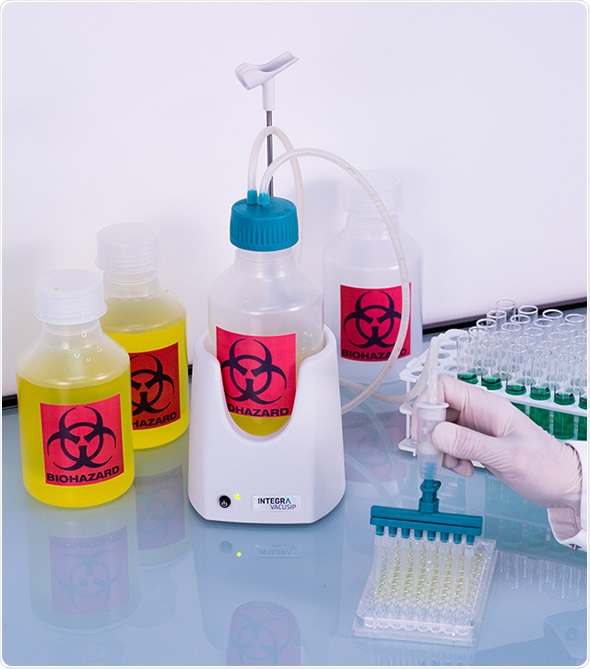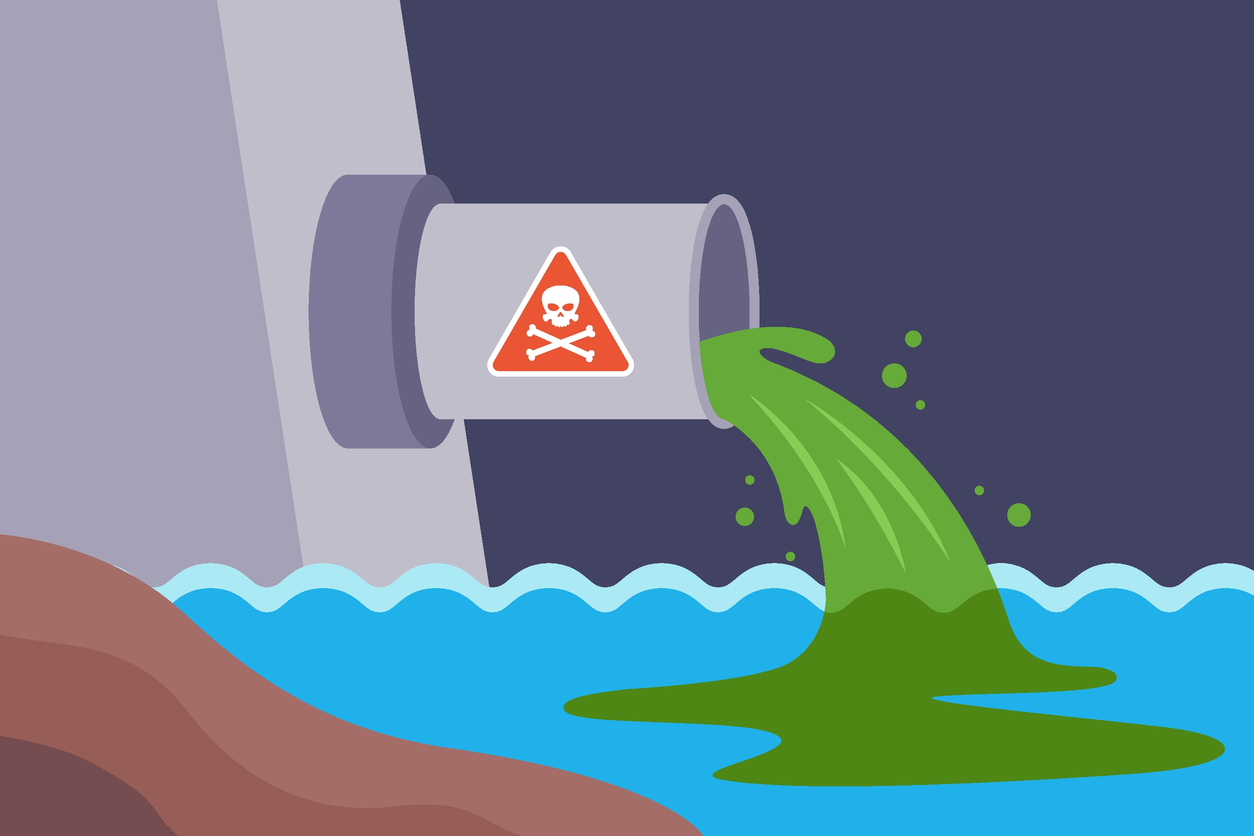Comprehending the Comprehensive Process of Liquid Waste Disposal: Finest Practices and Environmental Influence Factors To Consider
The administration of fluid waste disposal is a complex problem that requires a detailed understanding of different finest practices and their connected environmental effects. From the types of fluid waste produced to the approaches used for collection, therapy, and final disposal, each action plays an essential function in protecting ecosystems and public wellness.
Kinds Of Liquid Waste
Comprehending the numerous types of liquid waste is vital for reliable administration and disposal techniques. Fluid waste can be generally classified right into a number of types, each calling for distinct handling and therapy approaches.
Industrial fluid waste commonly contains dangerous products, including hefty metals, solvents, and chemicals, created throughout producing processes. These wastes require rigorous regulatory conformity to protect human wellness and the atmosphere. Domestic fluid waste mainly describes wastewater generated from homes, consisting of sewer and greywater, which, although much less harmful, can still posture significant dangers if improperly managed.
Agricultural fluid waste, consisting of drainage from ranches, typically consists of plant foods and pesticides that can lead to environmental degradation otherwise treated effectively. Clinical liquid waste, generated from healthcare facilities, includes contaminated fluids such as bodily fluids and chemicals, calling for specialized disposal approaches to avoid infection and ecological contamination.
Last but not least, oil and grease waste, commonly created by dining establishments and automotive industries, can trigger extreme clogs in sewage system systems if not managed correctly. Recognizing these groups promotes targeted approaches for therapy, compliance with laws, and reliable disposal methods, eventually advertising ecological sustainability and public health safety and security.

Collection Techniques
Reliable collection techniques are vital for the proper monitoring of liquid waste, making sure that it is collected safely and effectively before treatment or disposal. Various techniques are utilized depending upon the type of liquid waste produced, the quantity, and the specific characteristics of the waste.
One common technique is making use of dedicated collection storage tanks or sumps, which are made to catch fluid waste at the resource. These systems usually include pumps that promote the transfer of waste to larger storage space containers or therapy facilities. Furthermore, mobile collection units outfitted with vacuum cleaner modern technology are employed in situations where waste is generated periodically or in hard-to-reach places.
For commercial settings, closed-loop systems can effectively lessen spills and leaks, enabling the recuperation and reuse of liquid waste. It is likewise vital to train personnel on correct collection methods to mitigate dangers connected with unsafe compounds.
In addition, implementing regular maintenance schedules for collection equipment ensures optimal performance and security. The integration of sophisticated tracking systems can improve collection performance by offering real-time data on waste levels and prospective risks. In general, efficient collection techniques are fundamental to sustainable liquid waste management practices.
Treatment Processes
Treatment procedures play an important function in the monitoring of fluid waste, changing potentially harmful products into recyclable sources or secure effluents - liquid waste disposal. These procedures can be generally classified right into physical, chemical, and organic techniques, each customized to deal with particular contaminants existing in the waste stream
Physical treatment methods, such as sedimentation and purification, work by eliminating suspended solids and particle issue. These click for more strategies are typically the initial step in the treatment chain, properly lowering the load on subsequent processes. Chemical therapies entail making use of reagents to neutralize dangerous materials, speed up heavy metals, or oxidize organic pollutants, consequently enhancing the safety and security of the effluent.
Organic treatment procedures, including turned on sludge systems and anaerobic food digestion, take advantage of the all-natural abilities of bacteria to degrade organic issue. These methods are especially effective for wastewater including biodegradable contaminants. Advanced therapy technologies, such as membrane purification and progressed oxidation processes, are increasingly utilized to attain greater levels of filtration.
Including a mix of these therapy approaches not only ensures compliance with regulative requirements however also promotes ecological sustainability by recuperating useful resources from liquid waste.
Disposal Options
How can companies make certain the liable and safe disposal of liquid waste? Effective disposal alternatives are important for securing public health and the setting. The primary approaches consist of land incineration, disposal, and treatment complied with by discharge right into metropolitan wastewater systems.
Land disposal entails the mindful control of fluid waste in assigned land fills, guaranteeing that it does not seep into bordering soil or water. Incineration, on the other hand, subjects liquid waste to heats, converting it right into ash and gases, which need correct filtration to lessen emissions. This approach is suitable for contaminateds materials that can not be treated via standard ways.
In instances where liquid waste can be dealt with, companies might select organic or chemical therapy procedures to reduce the effects of dangerous parts before releasing the dealt with effluent into community systems. This path generally lines up with regulative requirements, guaranteeing that the effluent fulfills safety criteria.
Inevitably, companies need to carry out extensive assessments of each disposal alternative to identify its feasibility, thinking about factors such as waste structure, governing conformity, and prospective threats to health and wellness and the setting. By choosing suitable disposal approaches, organizations can contribute to a responsible waste management strategy.
Environmental Influence
The ecological impact of fluid waste disposal is a critical consideration for companies seeking to lessen their ecological impact. Inappropriate disposal approaches can bring about substantial contamination of water sources, dirt destruction, and negative results on local ecological communities. As an example, unsafe liquids can seep right into groundwater, presenting risks to alcohol consumption water products and marine life. Additionally, the discharge of unattended or inadequately treated waste into surface area waters can cause eutrophication, bring about oxygen deficiency and the succeeding fatality of fish and various other organisms.

To mitigate these impacts, companies should take on ideal practices such as carrying out rigorous waste treatment processes, advertising recycling and reuse, and adhering to governing requirements. By taking an aggressive method to fluid waste monitoring, entities can substantially minimize their environmental impact while sustaining lasting advancement goals. Ultimately, an extensive understanding of the ecological influences related to liquid garbage disposal is necessary for informed decision-making and liable stewardship of all-natural resources.
Final Thought
Effective administration of fluid view it waste is vital for guarding environmental integrity and public health. Ultimately, a thorough understanding of fluid waste disposal not just reduces environmental effects but likewise fosters a dedication to accountable resource management and environmental stewardship.
The administration of liquid waste disposal is a diverse problem that requires an extensive understanding of different ideal practices and their linked environmental influences. From the types of liquid waste produced to the approaches utilized for collection, therapy, and final disposal, each action plays a crucial duty in safeguarding ecological communities and public wellness.The environmental effect of liquid waste disposal is an essential consideration for companies looking for to decrease their environmental footprint. Eventually, a thorough understanding of the environmental influences connected with fluid waste disposal is vital for notified decision-making and liable stewardship of natural sources.
Inevitably, an extensive understanding of liquid waste disposal not only mitigates environmental effects but likewise fosters a commitment to responsible resource management and ecological stewardship.
Comments on “Professional Liquid Waste Removal Melbourne: Rapid and Economical Services”